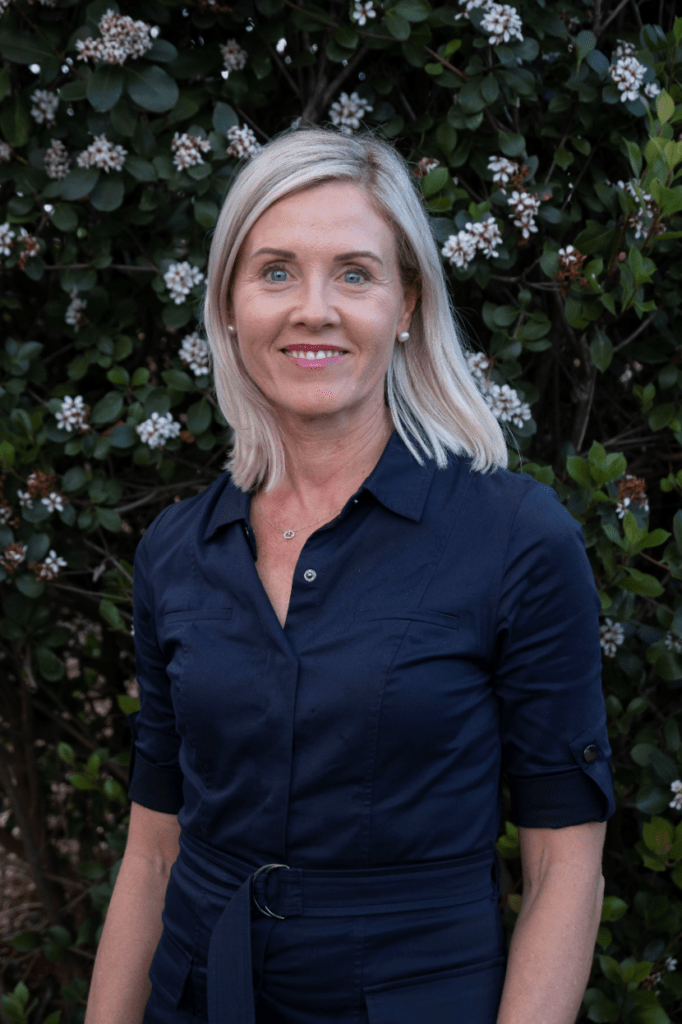- Home
- Stronger Together
- Support & Wellbeing
- Disability & NDIS
- Mental Health
- Families & Parenting
- Support for Individuals
- Community Health
- Employment & Training
- About Us
- About us
- Get Involved
- Governance
- Social Enterprises
By Tanya O'Shea, IMPACT Community Services' Managing Director

"STRONGER TOGETHER" is a weekly column where Tanya explores key issues. This week Tanya focuses on financial literacy amid the challenging landscape of the pandemic.
While we faced many challenges before COVID-19 hit, the pandemic has undoubtedly compounded matters for some, and financial stress is no exception.
How one’s work, family and social lives have fared throughout the past 18 months is unique to them; some people lost their jobs, others gained employment and support and then there are people who had to reinvent what their work-life looked like in order to continue to contribute as a participating member of the workforce.
Anti-Poverty Week starts on October 17.
An alarmingly high number of people in Australia have to deal with poverty as part of their daily realities.
Information on the Anti-Poverty Week website says there are more than 3.24 million people or 13.6% of the population living below the poverty line in Australia.
That includes 774,000 children; more than 1 in 6.
The poverty line is typically defined by half of the median household income. This was reportedly $457 a week for a single adult, $731 for a sole parent with two children or $960 for a couple with two children in 2017-18.
While a lack of money, both income and savings, is an underpinning factor in poverty, it can also include being unable to access affordable housing, good education and quality health services, social exclusion and other material deprivation.
For some, the reality can mean they have to skip meals, miss medication or not heat or cool their home during extreme weather. They might also have limited social engagement, which is detrimental to health and wellbeing.
At IMPACT Community Services, we are dedicated to improving people’s lives. One of the supports we provide is to help people manage their money.
With financial stress on the rise in Australia, financial literacy is more important than ever. Australians are living longer and in 2016, the average Australia will live until they are 82 years old. Therefore, they will need to have more money saved for when they retire. Yet, talking about money is still a touchy subject for many, and is the source of deep emotions, conflicts and anxieties.
There are plenty of useful tips for those keen to learn ways to make their money stretch.
Some examples include eating at home and making meals that are freezer friendly and long lasting like soups or stews, growing your own vegetables and taking advantage of recycling initiatives.
IMPACT provides weekly individual sessions and monthly group workshops delivered by a financial advisor at our premises at 108 Bargara Rd. These sessions recognise that developing financial knowledge and skills is hard, and for some, it is not a skill that they learnt at home or were taught at school.
The reality is that many of us have experienced anxiety, shame and embarrassment when it comes to talking about income or other money related topics.
The sessions are delivered face to face, in a safe, non-judgmental environment. They are designed to support people to develop financial knowledge and skills to better understand their own personal finances and remove the impact of financial stress from their lives.
At IMPACT, we believe that we can all improve our skills to make better financial decisions, irrespective of the amount that we earn each week.
Anyone wishing to better understand their own financial situation and how it can be impacted by the personal financial choices that they make (both positive and negative) are encouraged to attend.
For more information or to get in contact with the IMPACT team phone 4153 4233.